A three-day global information communication technologies conference, “Digital Divide and Knowledge Economy: Problems and Solutions”, started at the Gulustan Palace of Baku on Thursday
Published:
28 November 2004 y., Sunday
A three-day global information communication technologies conference, “Digital Divide and Knowledge Economy: Problems and Solutions”, started at the Gulustan Palace of Baku on Thursday.
About 70 representatives from 30 countries are participating in the event.
Deputy Prime Minister Abid Sharifov, addressing the opening ceremony, read out a letter of congratulation from President Ilham Aliyev, after which Minister of Communications and Information Technologies Ali Abbasov spoke of the importance of the event.
Abbasov noted that about half of the telephone communication system in Azerbaijan is digital and that currently there are 15-18 computers per 1,000 people in the country, and 5% of people in the country use the Internet. These figures are below international levels, he said.
General Secretary of the International Telecommunication Union Yoshio Utsumi said the objective of the conference is to examine achievements of the state and private sectors in the ICT field, address problems related to the digital divide, issues related to creating a single world information society and study the experience of many countries, including Azerbaijan, in applying information technologies.
Šaltinis:
bakutoday.net
Copying, publishing, announcing any information from the News.lt portal without written permission of News.lt editorial office is prohibited.
The most popular articles

The European Commission announced today the award of three of the six contracts for the procurement of Galileo’s initial operational capability.
more »
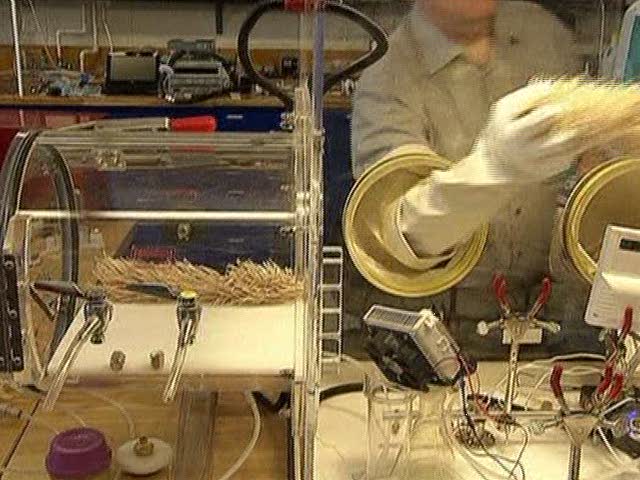 Scientists at New York's Columbia University are developing a synthetic tree that removes CO2 from the atmosphere. The researchers say the tree, if mass produced, could make a significant difference to the quality of the air we breathe.
more »
Scientists at New York's Columbia University are developing a synthetic tree that removes CO2 from the atmosphere. The researchers say the tree, if mass produced, could make a significant difference to the quality of the air we breathe.
more »
 ZenRobotics Recycler is a robotic waste sorting system. Built with off the shelf industrial robotics components, the system utilizes machine learning to separate raw materials from waste.
more »
ZenRobotics Recycler is a robotic waste sorting system. Built with off the shelf industrial robotics components, the system utilizes machine learning to separate raw materials from waste.
more »
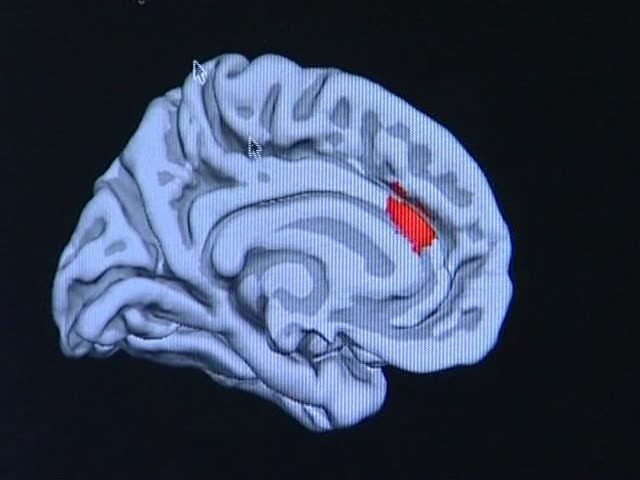 Scientists in the UK have revealed that people with opposing political views have different brain structures. The London University College researchers say the part of the brain that processes emotional reactions is larger in conservatives than in liberals.
more »
Scientists in the UK have revealed that people with opposing political views have different brain structures. The London University College researchers say the part of the brain that processes emotional reactions is larger in conservatives than in liberals.
more »
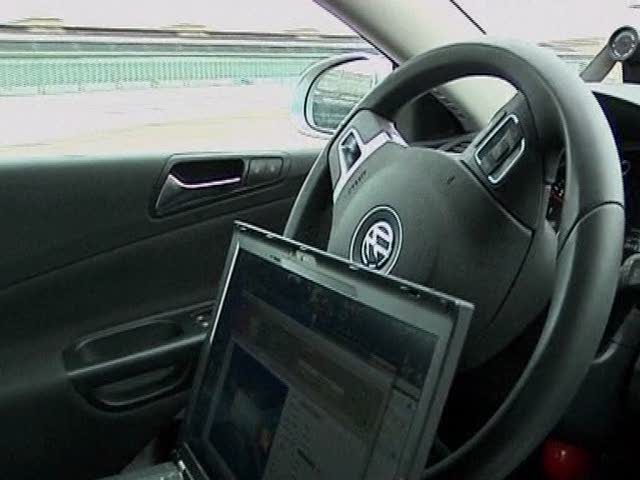 German scientists are developing technology which allows a person to steer and drive a car using brain power alone. Using a cap fitted with sensors and an onboard computer, the researchers are able to control their experimental Volkswagen, just by thinking about it.
more »
German scientists are developing technology which allows a person to steer and drive a car using brain power alone. Using a cap fitted with sensors and an onboard computer, the researchers are able to control their experimental Volkswagen, just by thinking about it.
more »
 A German company is testing a giant battery which it hopes will be able to store enough solar and wind energy to supply an entire community. The trial is taking place on Portugal's Azores island of Graciosa.
more »
A German company is testing a giant battery which it hopes will be able to store enough solar and wind energy to supply an entire community. The trial is taking place on Portugal's Azores island of Graciosa.
more »
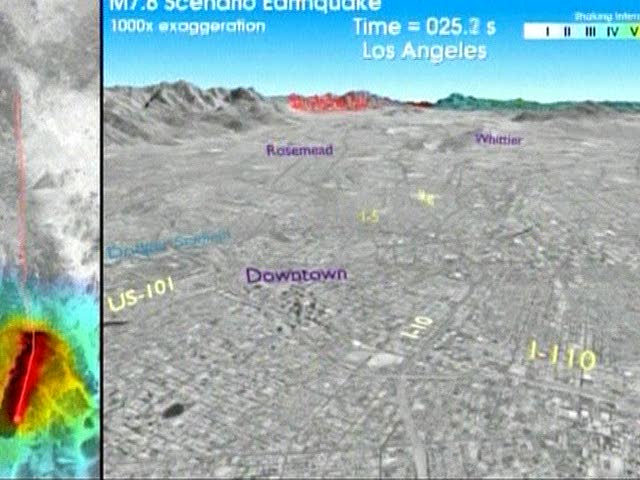 Japan's devastating earthquake of March 11 has raised concerns among geoscientists that the West Coast of the United States is likely to be next.
more »
Japan's devastating earthquake of March 11 has raised concerns among geoscientists that the West Coast of the United States is likely to be next.
more »
 „Duolingo“ is the latest project of Luis von Ahn, who is working for “Google”. It has been blowing up on Hacker News for the past day, though not too much is known about it.
more »
„Duolingo“ is the latest project of Luis von Ahn, who is working for “Google”. It has been blowing up on Hacker News for the past day, though not too much is known about it.
more »
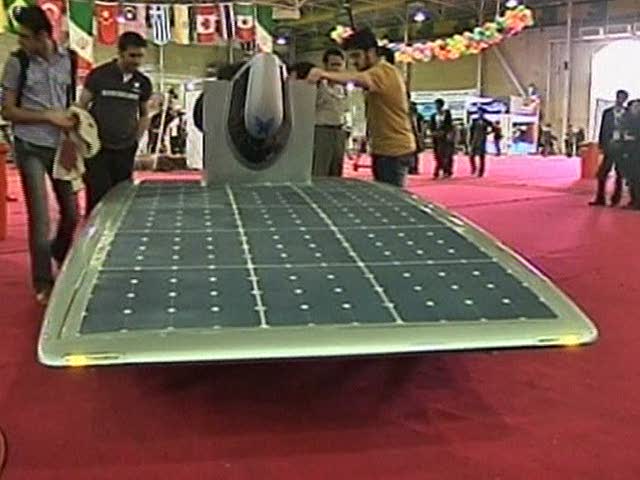 University students in Iran have developed their own version of a solar-powered car. The environmentally-friendly 'Havin' can travel up to 130 kilometers an hour.
more »
University students in Iran have developed their own version of a solar-powered car. The environmentally-friendly 'Havin' can travel up to 130 kilometers an hour.
more »
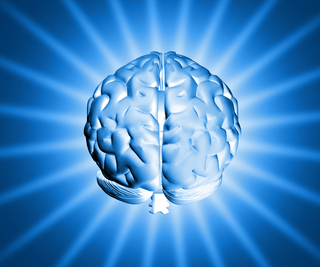 Researchers in California have created a way to place a call on a cell phone using just your thoughts.
more »
Researchers in California have created a way to place a call on a cell phone using just your thoughts.
more »
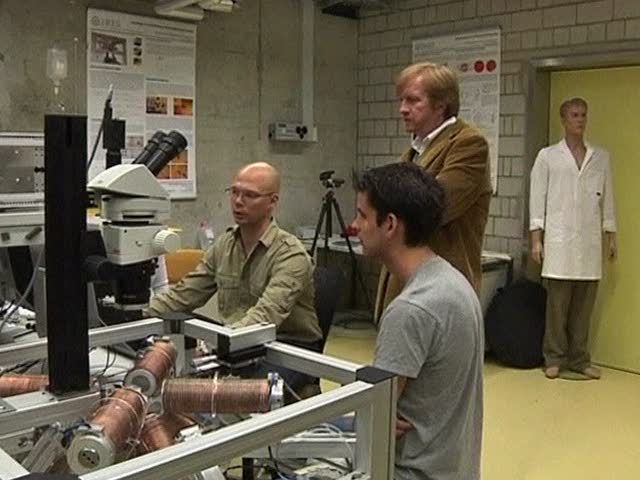 Researchers in Switzerland are perfecting a robot small enough to be injected into your eye without anaesthetic. The team say their device could carry drugs to the exact position they are needed or even carry out minor operations.
more »
Researchers in Switzerland are perfecting a robot small enough to be injected into your eye without anaesthetic. The team say their device could carry drugs to the exact position they are needed or even carry out minor operations.
more »